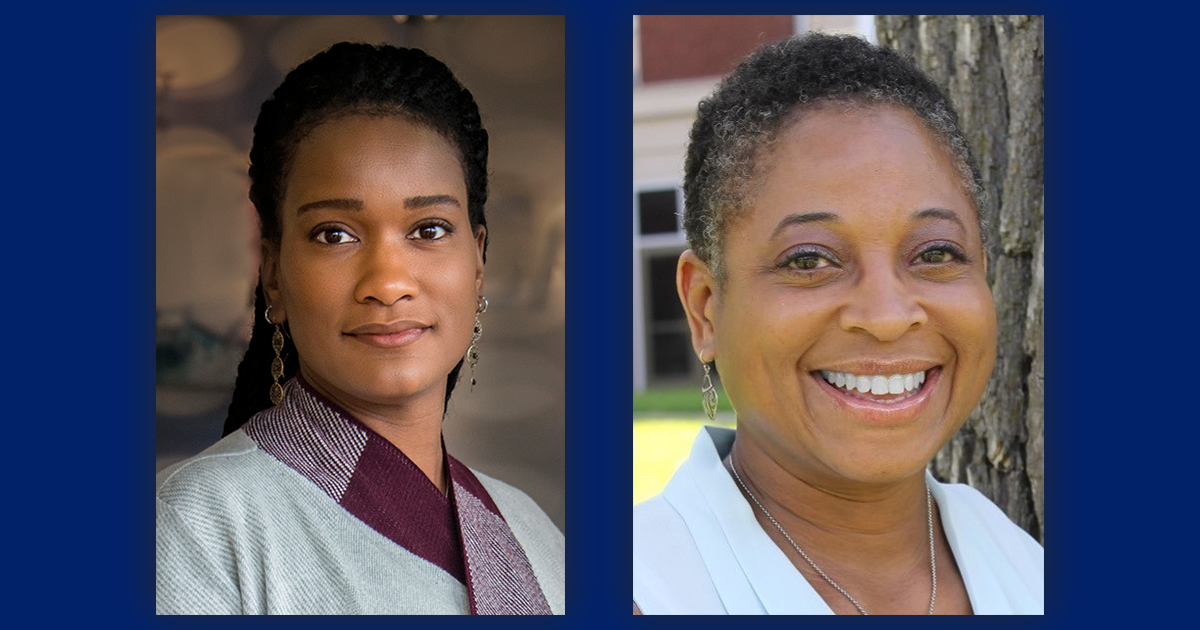Children’s Minnesota is a nonprofit pediatric health system, and we’re also a large business. We employ more than 5,000 people and serve more than 150,000 kids every year. That means we need a lot of supplies and services to keep our hospitals and clinics running.
As a large business, we have a responsibility to raise up our communities. Healthier communities mean healthier kids and families. Part of that means doing what we can to address economic disparities that exist in the Twin Cities. That’s why we’re focusing on increasing something called supplier diversity.
What is supplier diversity?
Supplier diversity is an intentional effort to buy from business owners who are Black, Latino, Native, Asian, women, veterans, LGBTQ+ or who have disabilities. In other words, business owners who may not have had opportunities to participate in the product selection processes of corporations, government entities and other large institutions like Children’s Minnesota.


